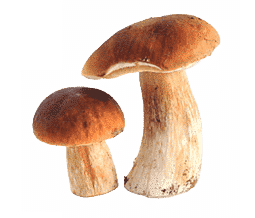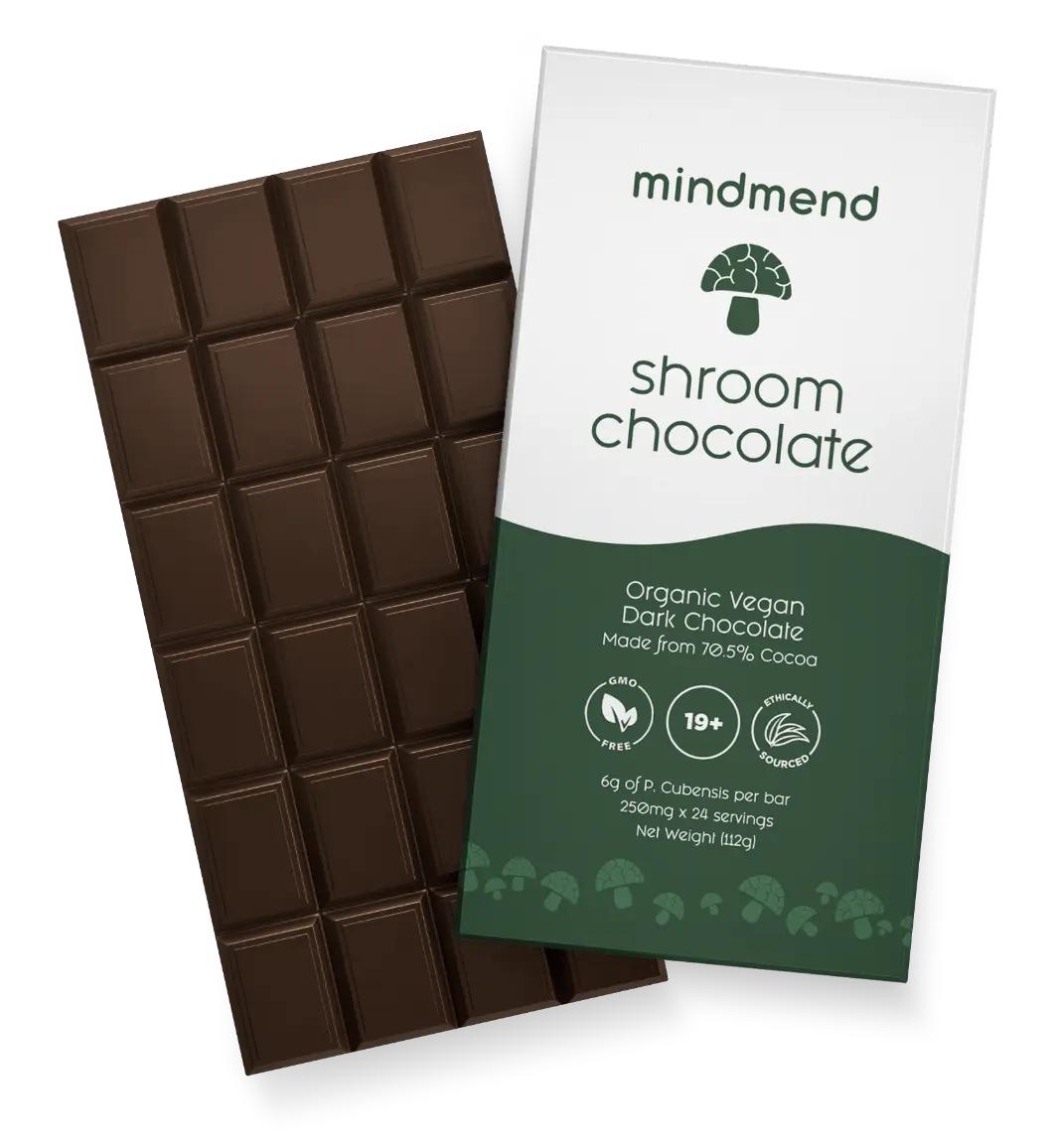
What Are Shrooms (Magic Mushrooms)?
In recent years, there has been a growing interest in a unique and mysterious type of fungi that has captured the attention of scientists, health enthusiasts, and curious minds alike. Revered for their profound effects on the human mind and steeped in cultural history, these natural wonders are often surrounded by intrigue and debate.
This article delves into the fascinating world of magic mushrooms, exploring their uses, effects, potential benefits, and associated risks. Join us as we uncover what are shrooms, the secrets behind these extraordinary mushrooms, and their place in ancient traditions and modern scientific research.
What are Magic Mushrooms?
Magic mushrooms, commonly known as “shrooms,” are fungi containing the psychoactive compounds psilocybin and psilocin. These naturally occurring substances are known for their hallucinogenic effects, which can alter perception, mood, and cognitive processes. Magic mushrooms have been used for thousands of years in various cultures for religious, spiritual, and medicinal purposes.
Remember to be wary of poisonous mushrooms, like agaric mushrooms, that might look like them. It might be dangerous.
How Are Magic Mushrooms Used?
Magic mushrooms can be consumed in several ways, each method influencing the intensity and duration of the experience:
Eating Raw or Dried: The most common method is eating them either raw or dried. When dried, their potency increases, requiring smaller quantities to achieve the desired effects.
Brewing as Tea: Some users prefer to brew the mushrooms into tea, which can mitigate the unpleasant taste and ease digestive discomfort.
Capsules: For a more controlled dosage, psilocybin can be encapsulated in pill form.
Incorporating into Foods: To mask their taste, shrooms can be added to food items like chocolate, smoothies, or honey.
What Do Magic Mushrooms Do?
When ingested, psilocybin is converted into psilocin, which interacts with serotonin receptors in the brain. This interaction leads to changes in perception, mood, and thought processes. Users might experience visual and auditory hallucinations, an altered sense of time, and profound changes in their emotional state.
Benefits of Magic Mushrooms in the Body
Recent research has suggested several potential benefits of magic mushrooms, particularly in the realm of mental health:
Treatment of Depression: Studies have shown that psilocybin can lead to significant reductions in depressive symptoms, sometimes after just one or two treatments.
Anxiety Relief: Psilocybin has been found to alleviate anxiety, like those with post traumatic stress disorder, obsessive compulsive disorder, and particularly in patients with terminal illnesses, by promoting a sense of peace and acceptance. Also
Addiction Therapy: There is evidence to suggest that magic mushrooms can help break the cycle of addiction to substances like nicotine and alcohol. hallucinogen persisting perception disorder
Enhanced Creativity: Some users report enhanced creativity and problem-solving abilities during and after a psilocybin experience.
Effects of Magic Mushrooms
The effects of magic mushrooms can vary greatly depending on the dose, individual physiology, and the environment in which they are consumed. Short-term and long-term effects can be experienced, each uniquely influencing the user’s perception, emotions, and cognitive functions.
Short-Term Effects
Sensory Enhancement
In the short term, users often experience heightened sensory perceptions. Colors may appear more vivid and saturated, patterns seem to move or breathe, and sounds can become more profound and intricate. These visual and auditory enhancements can create a richly textured experience that many find captivating and surreal.
Emotional Shifts
Emotionally, magic mushrooms can induce a wide range of feelings. Users might swing from euphoria and joy to deep introspection and contemplation. This emotional variability is often described as being
Emotional Shifts
One of the hallmark short-term effects is an altered perception of time. Time may slow down or speed up, with minutes feeling like hours or vice versa. This distortion can make the experience feel much longer or shorter than it is, adding to the overall intensity of the trip.
Mystical Experiences
Many users report having mystical or spiritual experiences during a mushroom trip. These can include a profound sense of connectedness to the universe, a loss of ego (ego dissolution), and feelings of unity and transcendence. These experiences can be profoundly moving and transformative, often described as life-changing moments of clarity and understanding.
Long-Term Effects
Changes in Personality
Long-term effects of taking magic mushrooms can include lasting personality changes. Many users report becoming more open, empathetic, and emotionally resilient. These changes are often linked to the profound personal insights and emotional experiences encountered during the trip.
Improved Mental Health
There is growing evidence that psilocybin, the active compound in magic mushrooms, can have long-lasting positive effects on mental health. Users have reported sustained reductions in symptoms of depression and anxiety, with some studies suggesting that a single psychedelic experience can lead to significant improvements lasting for months or even years.
Enhanced Creativity and Problem-Solving
Long-term effects also include enhanced creativity and improved problem-solving abilities. Users often find their cognitive processes more flexible and open, allowing novel ideas and creative solutions to emerge more quickly. This can be beneficial in both personal and professional contexts.
Changes in Perception and Worldview
Finally, a magic mushroom can lead to enduring changes in perception and worldview. Users often describe a heightened sense of interconnectedness with others and the natural world, a greater appreciation for life, and a more mindful approach to everyday experiences. These shifts in perspective can contribute to a more holistic and enriched way of living.
Risks of Psilocybin Shrooms
While magic mushrooms have potential benefits, they also carry psychological and physical risks, particularly for those with underlying mental health conditions or those who consume them in unsafe environments:
Bad Trips: Negative experiences, or “a bad trip,” can include intense fear, paranoia, and anxiety. These can be distressing and occasionally lead to harmful behaviors.
Psychological Distress: For individuals with a predisposition to mental health disorders, psilocybin can trigger or exacerbate conditions like schizophrenia or bipolar disorder.
Physical Effects: Although rare, physical side effects such as nausea, vomiting, and increased heart rate and blood pressure can occur. Not to mention, a poisonous mushroom can be mistaken for the real one.
Legal Issues: Psilocybin mushrooms are illegal in many parts of the world, and possession, use, or distribution can result in severe legal consequences.
Final Thoughts
Magic mushrooms, or shrooms, a naturally occurring psychedelic drug, are a remarkable natural substance with a rich history of spiritual, medicinal, and recreational use. Containing the psychoactive compounds psilocybin and psilocin, these fungi can profoundly alter perception, emotion, and cognition, offering users a unique and often transformative experience.
While the potential benefits of magic mushrooms, such as enhanced creativity, emotional resilience, and mental health improvements, are increasingly recognized, it is crucial to approach their use responsibly, or there is a possibility of drug abuse or experiencing hallucinogen persisting perception disorder.
As clinical trials continue to uncover the complexities of psilocybin, taking mushrooms holds promise for future therapeutic applications, making them an intriguing subject of both scientific and cultural interest.





